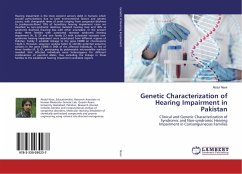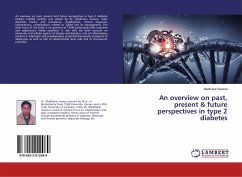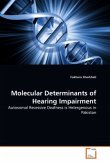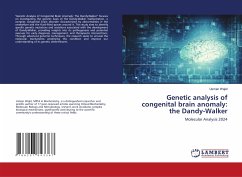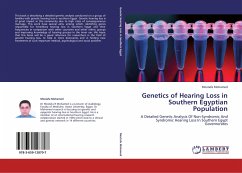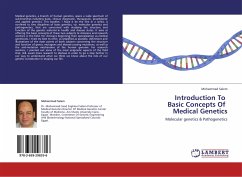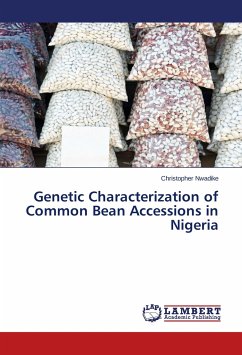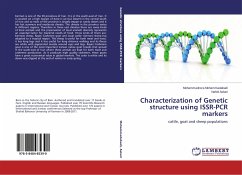Hearing impairment is the most conjoint sensory debit in humans which include perturbations due to both environmental factors and genetic causes, with changeable times of onset ranging from congenital deafness to presbycusis.About 70% of hereditary hearing impairment cases are classified as non-syndromic deafness (isolated hearing loss) and 30% as syndromic deafness (hearing loss with other anomalies). In the present study, three families with autosomal recessive syndromic hearing impairment (A, B, D) and one family (C) with autosomal recessive non-syndromic hearing impairment were ascertained from different regions of Pakistan. Family C establish linkage to the gene ESRRB on chromosome 14q24.3. However, sequence analysis failed to identify potential sequence variants in the gene ESRRB in DNA of the affected individuals. In rest of three families (A, B, D), genotyping by polymorphic microsatellite markers revealed that affected individuals were heterozygous for different combinations of parental alleles, thus excluding the linkage in these families to the established hearing impairment candidate regions.
Bitte wählen Sie Ihr Anliegen aus.
Rechnungen
Retourenschein anfordern
Bestellstatus
Storno

